UK shoppers say current lockdown rules have made returning unwanted items that they purchased online ‘significantly harder’, leading to a potential £2.4 billion worth of goods – equivalent to £165 per person – left in limbo.
While online sales are surging, returns are often being stockpiled. That’s according to new research by locker network InPost, based on a survey of over 2,000 UK adults in January. They found that those who do have unwanted purchases have an average of three items waiting to be returned. For 51 per cent of people, the latest lockdown has seen them accumulate significantly more items than they typically would have.
Why? Well over half (57 per cent) say returning items bought online is both time-consuming and a hassle. While 45 per cent put the onus back on retailers, saying that they should make returning goods easier given the current circumstances.
Social distancing is also a key factor for many. Over half (54 per cent) are concerned about close contact with other people when returning their items (at a Post Office, parcel drop-off shop or store, for example), almost two-thirds (65 per cent) say they don’t want to spend time queuing, and nearly two-thirds (62 per cent) say they would prefer retailers to have a contact-free returns option.
For 42 per cent of people having a parcel drop-off point near their home would, they say, encourage them to make a return sooner than they would normally.
The survey results also suggest that more people are now checking retailers’ return policies before making online purchases.
Jason Tavaria, UK CEO at InPost, said: “It’s clear that shoppers are struggling to return goods during the current restrictions and lockdown. With no firm end to these in sight, it’s vital that retailers make it easier for people to return goods during this period by offering a wider range of returns options, including local parcel drop-off points such as lockers.
“Not only will they be rewarded with better stock control and improved customer loyalty, they will also be well-positioned with customers once restrictions lift and spending increases again.”
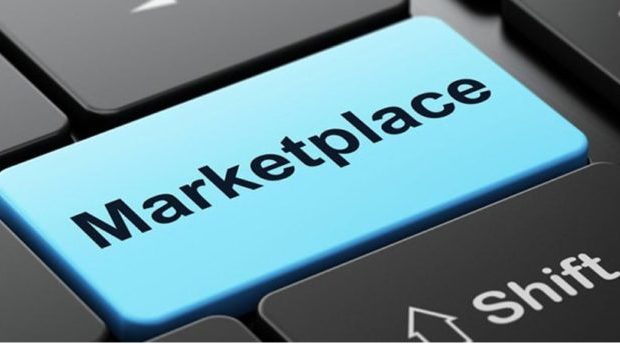

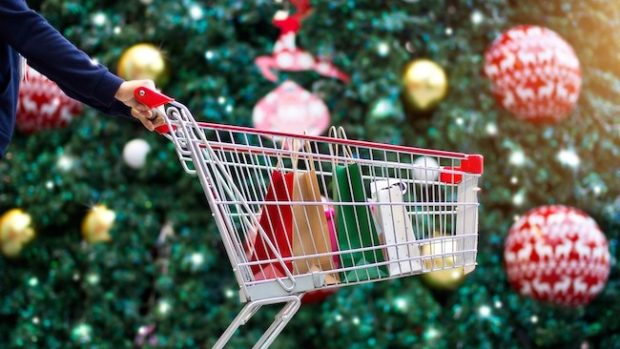
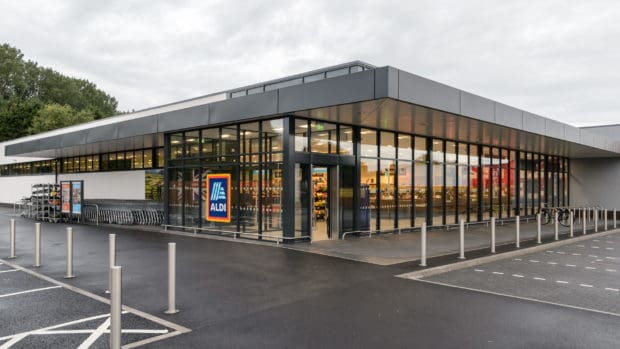
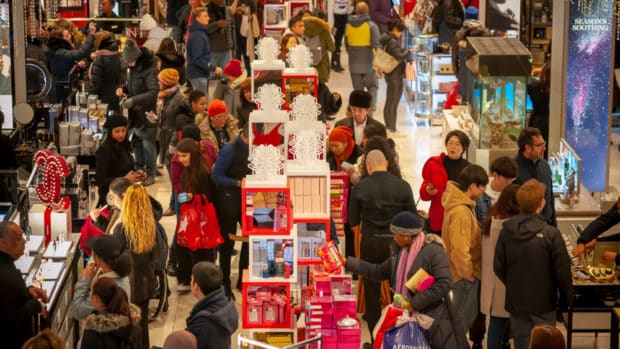
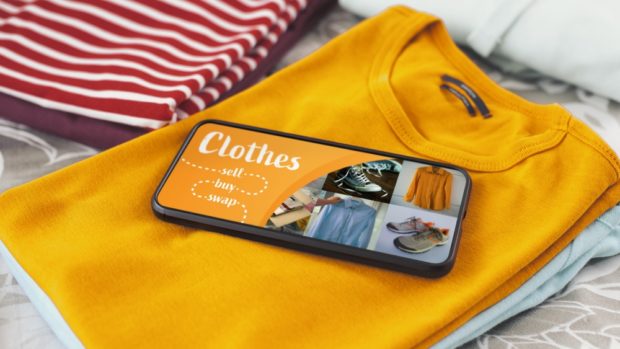
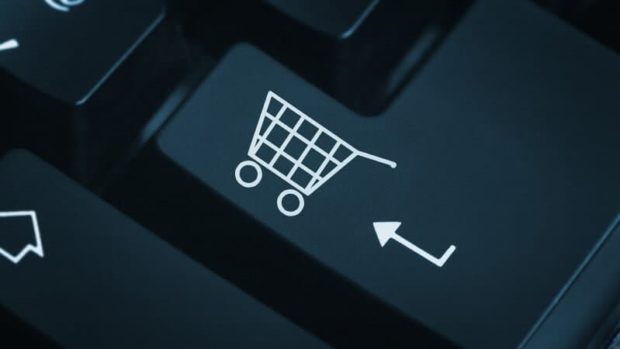

Share